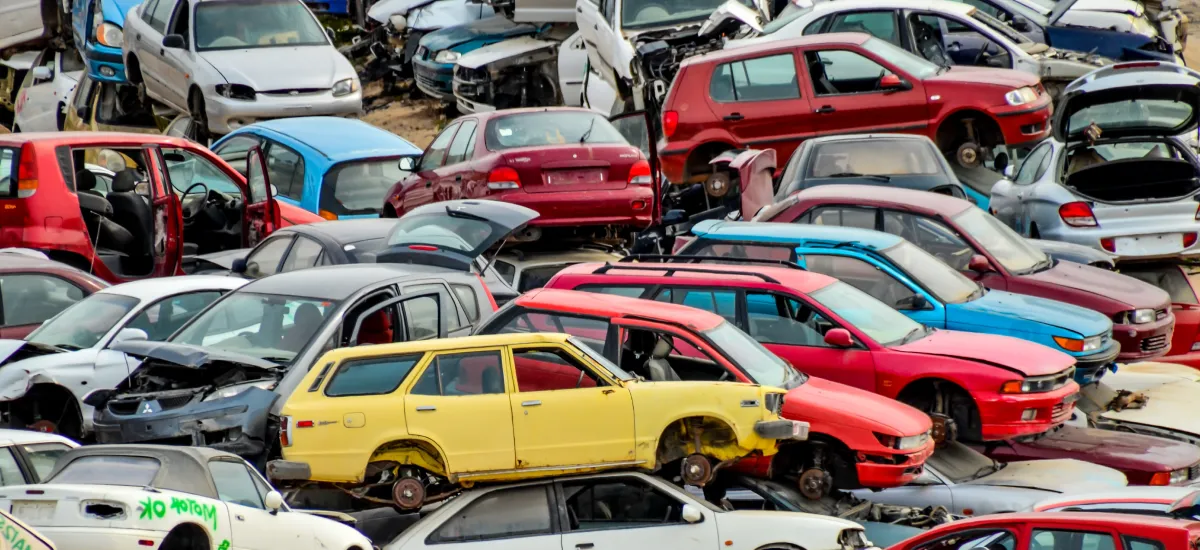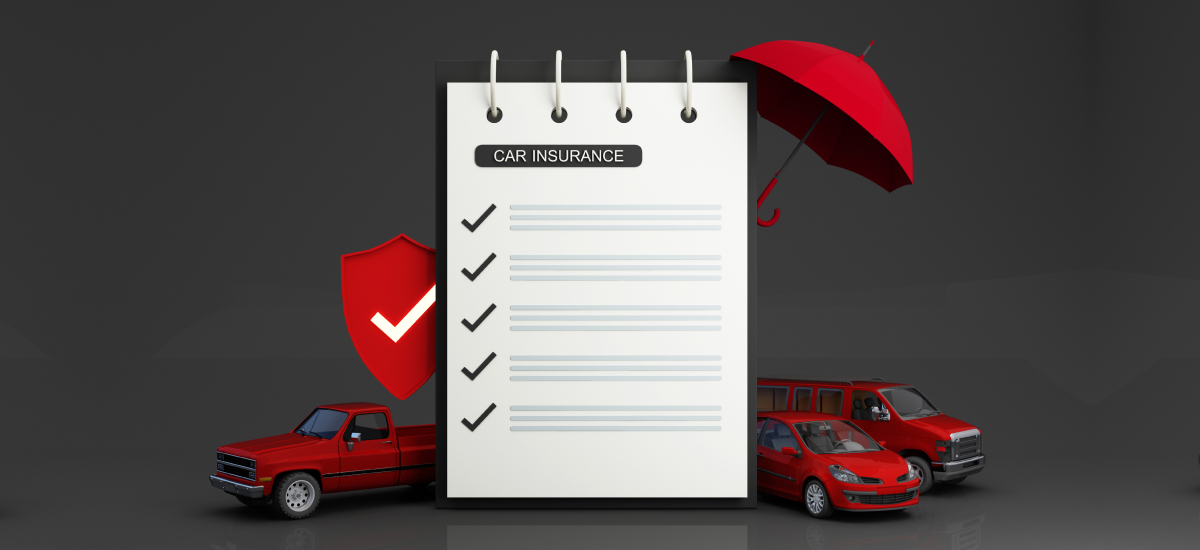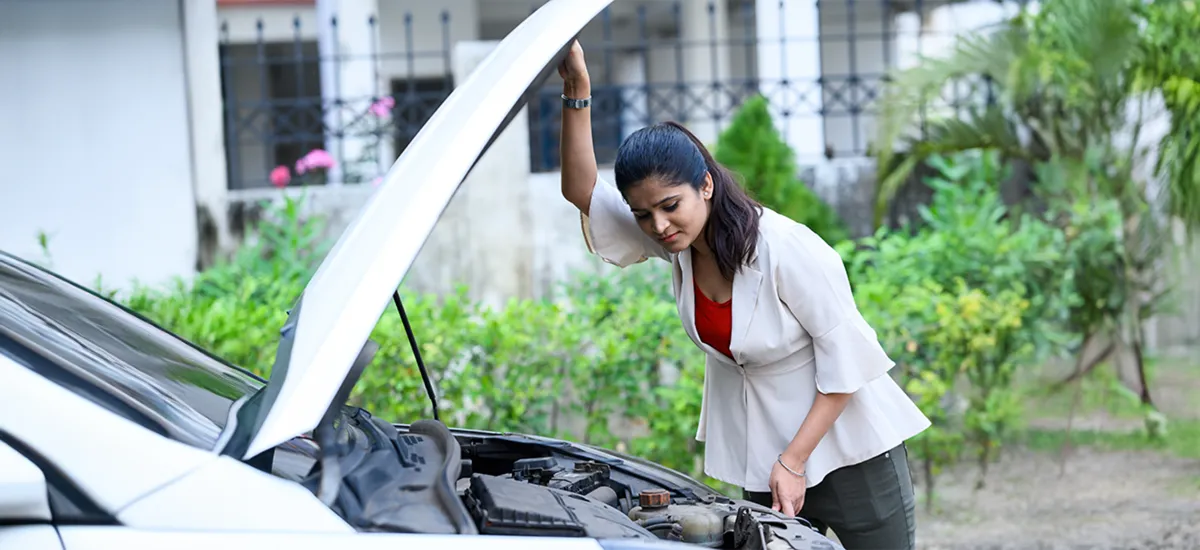In 2021, India introduced a car scrap policy for old and unfit vehicles. Finance Minister Nirmala Sitharaman announced the policy in the Union Budget 2021. Subsequently, on March 18, 2021, Minister for Road Transport and Highways Nitin Gadkari provided detailed insights about the scheme. This initiative is a step towards a greener India and aims to reduce urban pollution. The policy seeks to phase out vehicles that are more than 15-20 years old and encourages the purchase of new ones.
So, what is Scrappage Policy?
The scrapping policy for vehicles is a government initiative to replace old and unfit vehicles with modern ones, aiming to reduce pollution and carbon footprint. Starting April 1, 2023, fitness testing for Heavy Commercial Vehicles (HCVs) will be done exclusively at Automated Testing Stations. From June 1, 2024, this requirement will extend to all Commercial Vehicles and Private Vehicles. Vehicles older than 15 years (CVs) and 20 years (PVs) must pass the fitness test or be scrapped and classified as End-of-Life Vehicles (ELVs).
Highlights of the Vehicle Scrappage Policy Announcement
The Indian automobile sector has faced challenges since late 2019, with the COVID-19 pandemic exacerbating the situation. Despite a brief recovery in late 2020, the industry remains under strain. The vehicle scrapping policy aims to support this struggling sector by increasing the demand for new vehicles as old ones are phased out, benefiting both the economy and the environment.
Key highlights of the vehicle scrap policy announcement:
- The policy aims to establish a system for scrapping unfit vehicles in India.
- The Ministry of Road Transport and Highways (MoRTH) will detail specific rules and regulations for the scrapping process.
- Vehicle owners will receive certain benefits for scrapping old vehicles.
- Scrapping unfit vehicles will significantly reduce air pollution, depending on the location.
- The vehicle scrap policy encourages the purchase of environment-friendly, safe, and technologically advanced vehicles.
Aim of the Vehicle Scrappage Policy 2021
The primary objective of the policy is to identify and scrap old, unfit, and polluting vehicles. Key takeaways of the scheme include:
- Reducing pollution by scrapping cars without valid registration and fitness.
- Enhancing passenger, road, and vehicular safety.
- Generating employment in the automobile industry.
- Formalising the current informal vehicle scrappage industry.
- Improving fuel efficiency and reducing maintenance costs for vehicle owners.
- Increasing the availability of low-cost raw materials for the automotive, steel, and electronics industries.
Benefits of the Vehicle Scrappage Policy
The Vehicle Scrappage Policy offers several potential benefits for the economy, the automobile sector, vehicle owners, and the environment:
- Reduced Air Pollution: Scrapping unfit vehicles will reduce air pollution and improve air quality.
- Increased Demand for New Vehicles: As old vehicles are scrapped, there will be a rise in demand for new vehicles. Over 5.1 million light motor vehicles (private and commercial) are over 20 years old.
- Boost to the Automobile Sector: The policy will benefit the automobile industry, creating more job opportunities, such as a workforce for new vehicle scrapping centres.
- Enhanced Safety: New vehicles will be comparatively safer and equipped with superior safety features.
- Growth of the Recycling Industry: The policy will energise the recycling industry, resulting in higher revenue.
- Tax Benefits for Vehicle Owners: Vehicle owners might receive tax incentives for scrapping old vehicles.
- Best Price for Workable Parts: Owners may get the best price for scrappage parts like tyres.
Where Should I Get the Vehicle Tested or Scrapped?
If your vehicle’s registration is due for renewal, consider the following points:
- For Vehicle Retention: Visit an authorised Automated Testing Station (ATS) to have your vehicle tested.
- For Vehicle Scrapping: Visit the nearest authorised scrapping facility to scrap your vehicle.
- For Disposal: If you plan to dispose of your vehicle, wait until the ATSs are operational. They are expected to be accessible through the VAHAN database.
Incentives for Scrapping Old Vehicles
Here are the incentives available when you scrap old vehicles:
- Discount on New Vehicle: Receive a 4 to 6% discount on the cost of a new car (ex-showroom) after scrapping the old one.
- No Registration Charges: The registration fees for the new car are waived upon presenting the Certificate of Deposit.
- Concession on Road Tax: State governments may offer a road tax concession of up to 25% for non-transport vehicles and 15% for transport vehicles.
- Additional Discount: Vehicle manufacturers are requested to provide an extra 5% discount on purchasing a new vehicle against the Certificate of Deposit, which exceeds the scrap value received for your old car.
How Does Scrapping Affect Your Car Insurance?
Scrapping an old and unfit vehicle positively impacts the environment and can also affect your vehicle insurance. Here's how:
- Lower Insurance Costs: With a discount on purchasing a new car, the car insurance cost may decrease since newer vehicles often have lower insurance premiums.
- Enhanced Safety and Benefits: New cars typically come with advanced safety features, which can result in lower vehicle insurance rates.






























